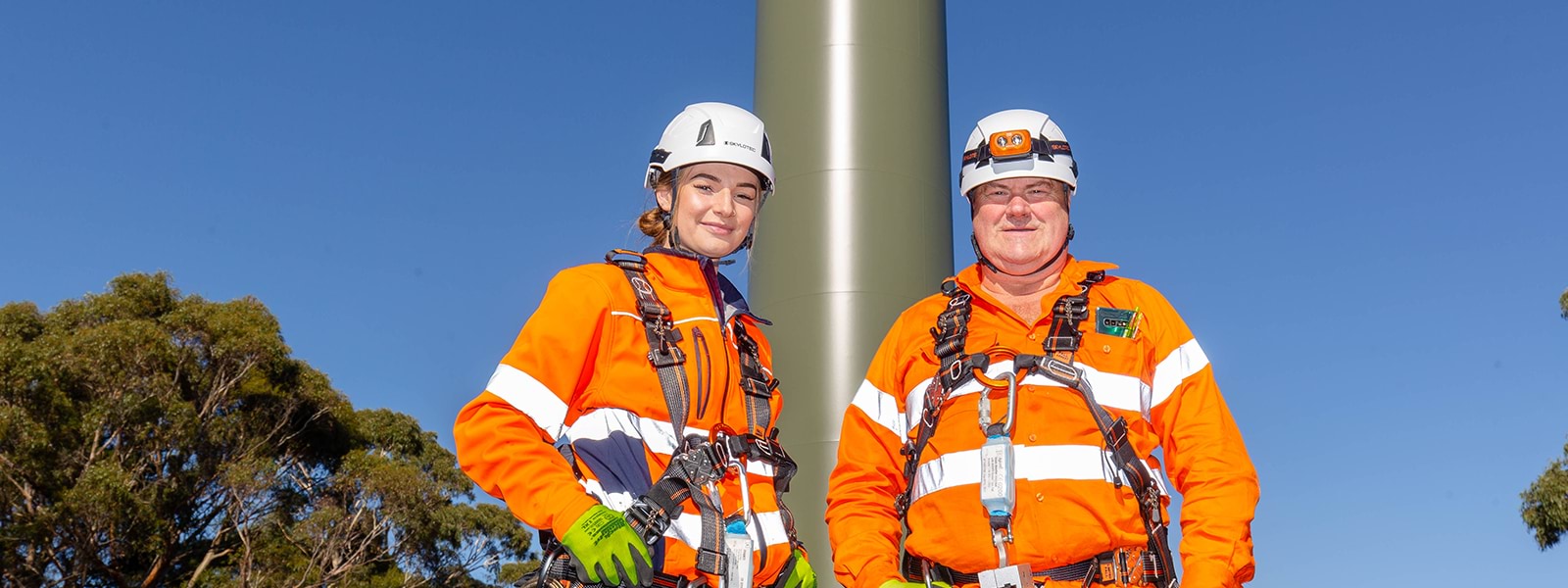Top 10 jobs required to build public infrastructure (2023 to 2025)
- Structural steel construction workers
- Building and plumbing labourers
- Civil engineering professionals
- Other mobile plant operators (for example, railway track plant operator)
- Other miscellaneous labourers (for example, road traffic controller)
- Electricians
- Architectural, building and surveying technicians
- Concreters
- Earthmoving plant operators
- Construction managers
Victoria’s Big Build is stimulating economic growth and driving demand for more than 18,000 jobs, primarily for skilled workers in the construction sector and supporting services.
Projects include the Metro Tunnel, removal of 85 level crossings across Melbourne, the West Gate Tunnel, major road upgrades, Melbourne Airport Rail, Suburban Rail Loop and upgrades to every regional passenger line in Victoria.
The Victorian Government has invested in a range of industry and inclusive workplace training programs to address skills shortages and create a pipeline of workers to help deliver these critical projects; and new government arrangements for skilling in Victoria, such as Apprenticeships Victoria and the VSA, will help plan for skilled workers to be available for these projects.
Industry focused apprenticeships and traineeships will build key competencies critical for delivering major road, bridge and rail projects.
The government is increasing diversity and inclusivity of workers in rail and transport projects by providing earn-and-learn opportunities to disadvantaged students, creating pathways for youth to gain formal qualifications while working and supporting women to enter employment in the transport sector.
Case study
Building rock-solid careers
Terra Firma Laboratories conducts field and laboratory analysis of geosynthetics, soil and rock materials used in civil engineering and construction projects across Australia.
Managing director Tom Seymour said Terra Firma trains 30 to 40 people each year – many of them with no qualifications or experience in the field. 'Today, 3 of our 4 base labs are run by people who started with no qualifications' he said.
'The VET sector is a fabulous source of employment. The energy that comes with the young and eager is really uplifting for the whole business.
But we don’t just train young people. We also re-train people who come to us from other industries who have no lab skills at all'.
Terra Firma Laboratories does its training through LTT, a Registered Training Organisation in Victoria.
'Trainees have benefited us greatly because it’s enabled us to grow quickly when required and send people basically anywhere in Australia' Tom said.
'But we also invest in training so staff can build a sustainable career in the construction materials testing industry, including being equipped with transferable skills in a sector that is changing rapidly'.
Updated
